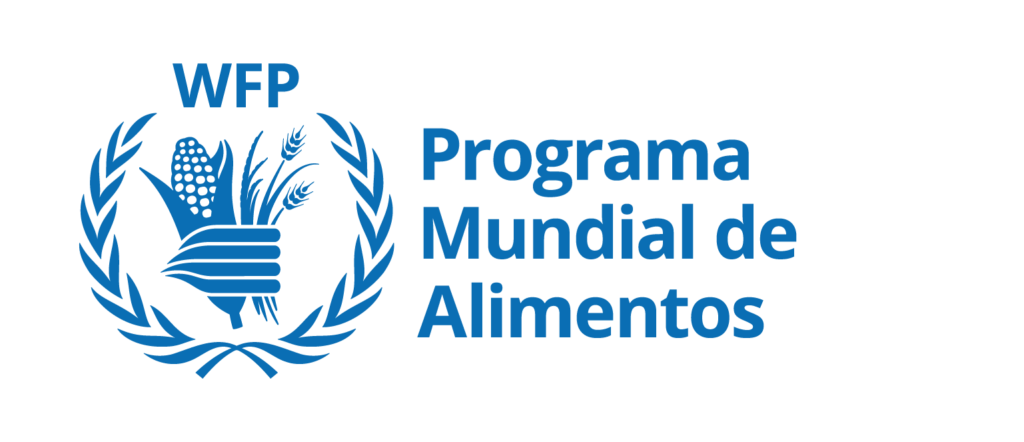This project focuses on contributing to the emergency response caused by Hurricane Julia, mitigating at the same time the impact of future natural risk on the vulnerable populations of the Caribbean Coast of Nicaragua and strengthening the preparation and response capacities of natural risks in the target communities.
The context of intervention
Hurricane Julia strucked the country in 2022 and affected 4 million people and caused multiple damages, with an estimated value of 300 million dollars, according to data from the WFP.
In Nicaragua, the school feeding program stands as the largest social protection initiative, reaching 1.2 million children every day nationwide. During crises, schools provide food assistance to affected populations.
The WFP project
The project's objective is to restore school infrastructure to bolster emergency response capabilities at both the school and community levels.
This will be achieved by constructing 4 school kitchens, 4 rainwater harvesting systems with a total storage capacity of 30,000 liters of water, 1 school warehouse, and the rehabilitation of the roof of 2 school classrooms. The goal is to build resilient and inclusive infrastructures within selected schools, thereby increasing the chances for vulnerable individuals to access safe food while seeking shelter during a risk-induced event.
Additionally, to strengthen these actions, training processes will be conducted on nutrition, WASH, as well as gender-based violence prevention, for both the populations and members of the institutions comprising the Municipal Committee for Disaster Prevention, Mitigation, and Response (COMUPRED) in the municipality of Laguna de Perlas, South Caribbean Autonomous Region (RACCS). The communities involved in this project are: Orinoco, Marshall Point, Arenitas Land Creek, and Raitipura.

